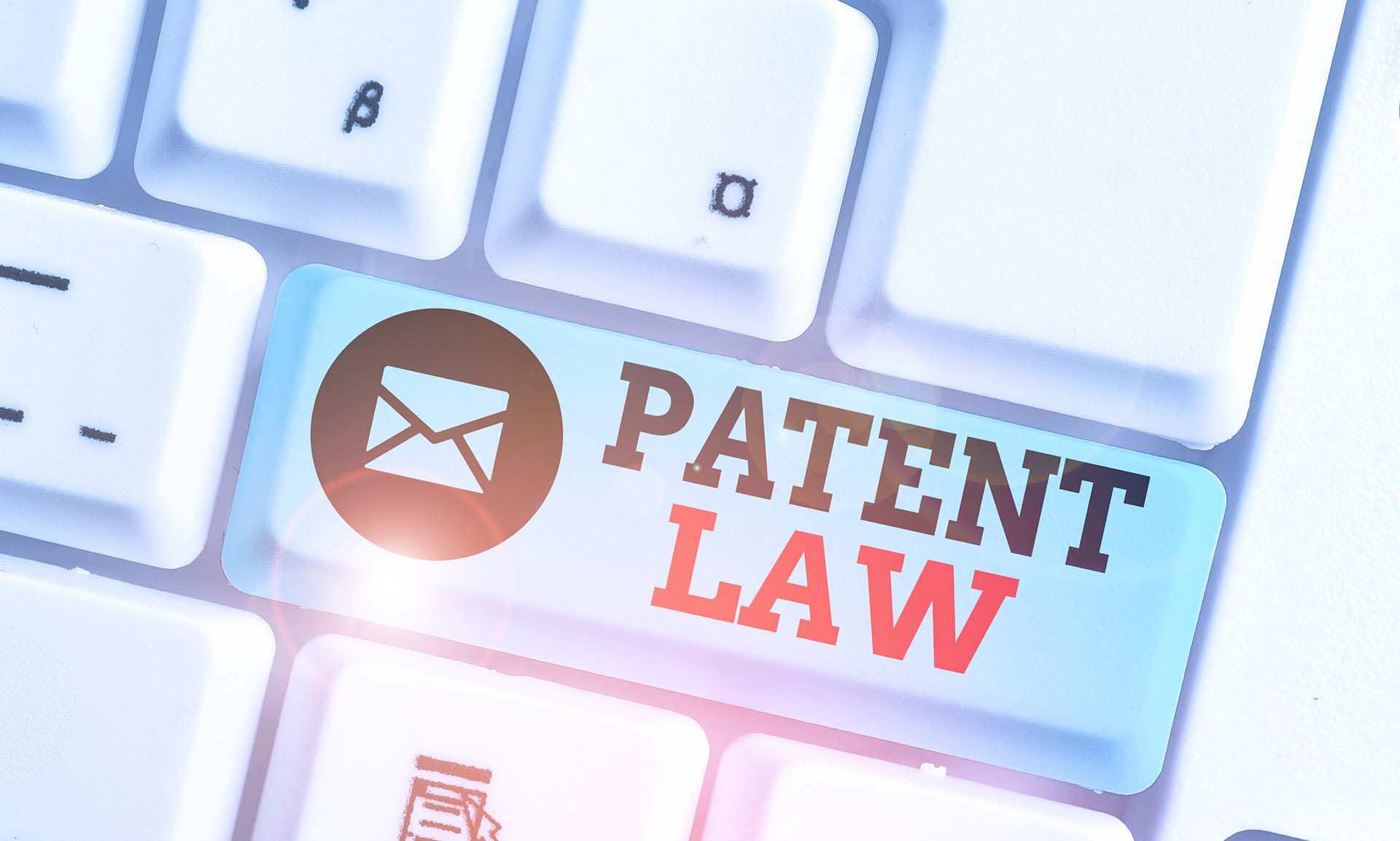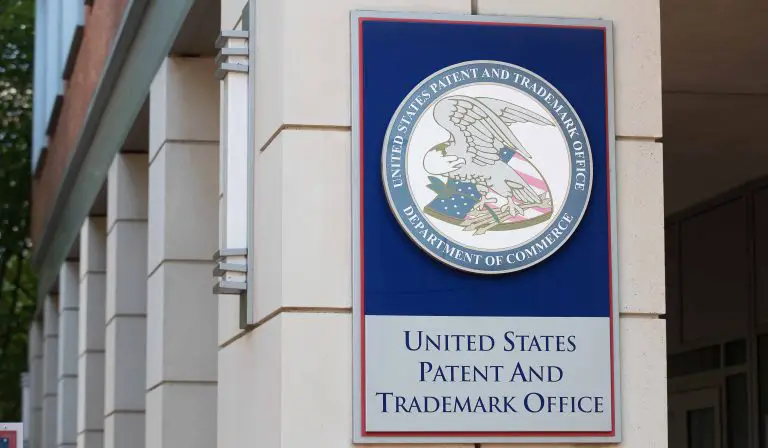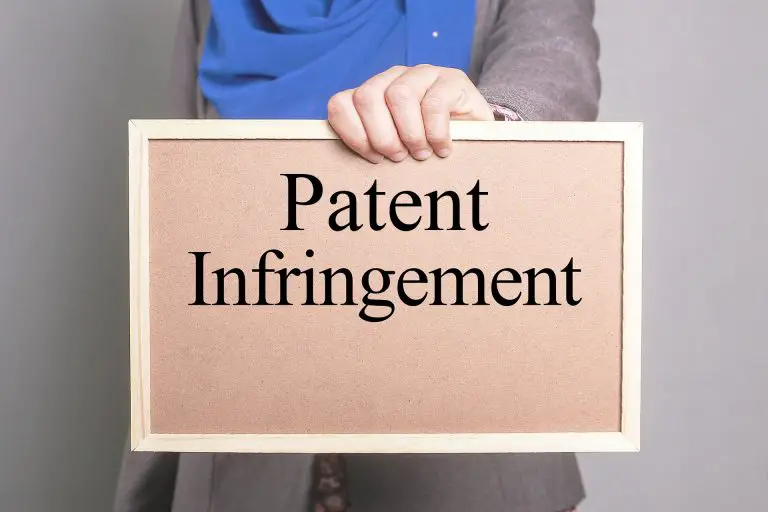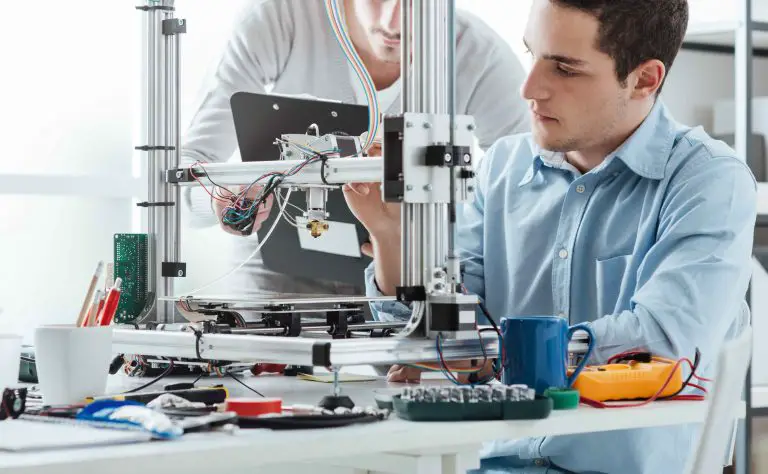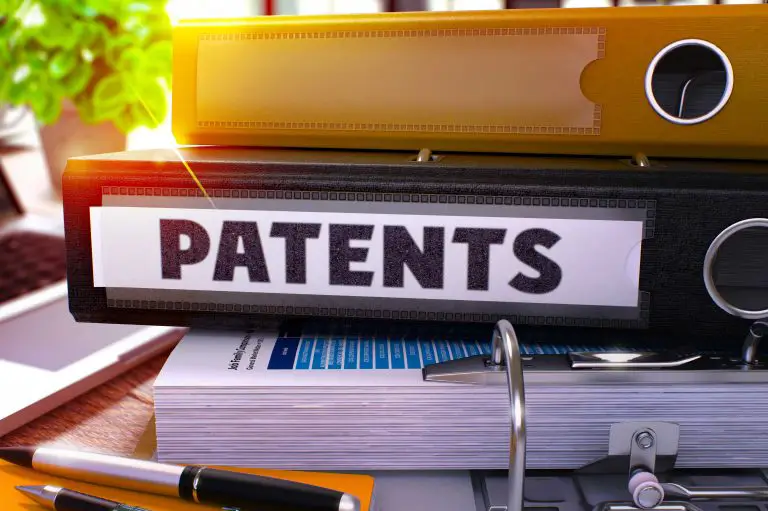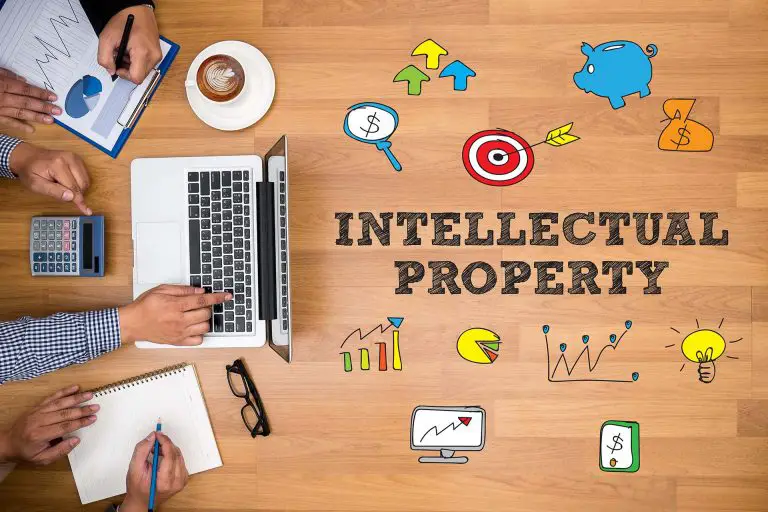Who Owns the Patent the Company or the Employee?
Who Owns the Patent the Company or Employee?
When an inventor makes something or invents something new, there may be some confusion as to who owns the invention, the company or the employee working at the company? We will answer this question in much detail below.
Who Owns the Patent the Company or Employee?
Generally, when a company hires an employee to make something and the employee invents something new, the invention is owned by the company because they paid you to invent the item for them. For example, if you were hired to work on a new component for an engine and you come up with a new component, the component is owned by your employer and not you even though you invented it.
Additionally, when employees begin new employment, their employer may have them enter into an agreement known as a pre-invention assignment agreement whereby the employee assigns (transfers) any interest he has in any inventions that he makes to his employer. Such a contract is normally entered into by employees at the outset of the employer/employee relationship.
That said, the water become murky when an employee invents something that he works on in his spare time and not while he is at work. States treat the questions of whether an employee or company owns the rights to inventions made while the employee is working on his own time and not while he is at work. If you invented something on your own time and want to determine whether you or the company owns the patent, you should contact a licensed patent attorney in your jurisdiction to answer this question for you. This is so because states have different intellectual property laws governing the answer to this question.
That said, most states in this situation, including California, will grant the rights to the invention to the employee so long as the employee did not use any of his employer’s resources. For example, if the employee created the invention on his own time, using his own materials and resources, the rights to the invention will likely be awarded to the employee. However, if your invention includes idea or knowledge that’s used by during the course of your employment, some questions will be asked as to whether you used knowledge or resources from your employer to create the invention.
What is a Patent?
For those who do not know what a patent is? A patent is an intellectual property right that is granted to an inventor who successfully patents his invention at the USPTO. Upon patenting an invention, an inventor can stop others from using, making, selling, and importing the patent invention to the United States for 20 years from the date an inventor files his patent application. This is what makes patents so desirable.
Imagine you invent something new that could make millions of dollars. Of course, you and your employer will want the rights to the invention. That’s why the question of whether an employee or employer owns the rights to the invention.
As previously mentioned, usually, inventions that are made by an employee while he is working for his employer are owned by the employer.
However, inventions made by a person in his spare time may be owned by the employee depending on which state the employee was working in at the time he created the invention. Most states will award the rights to an invention to the employee only if he worked on the invention outside of work and did not use any of his employer’s resources or facilities.
What is a Pre-Assignment Agreement?
A pre-assignment agreement is an agreement that an employer usually requires an employee to sign. Pre-assignment agreements can vary greatly. For example, some pre-assignment agreements require employees to transfer all rights to inventions that they make during the term of their employment, and this includes inventions that an employee makes on his own time. Other pre-assignment agreements only require employees to transfer rights of inventions they create while they are on the job (at work). That said, no two pre-assignment agreements are the same. To know who owns the invention, you must consult the terms of your pre-assignment agreement. If you cannot understand it yourself, you should hire an attorney to assist you with understanding your agreement.
What is Work for Hire?
Work for hire doctrine basically states that a person who creates a work or invention that he was hired to create is not the owner of the work or invention. Rather, the person who hired the inventor to create the invention is the owner of such work. This doctrine is used throughout copyright law, as well as patent law. For example, if a pharmaceutical company hires you to create a new vaccine, under the work-for-hire doctrine, if you invent a new vaccination, your invention (vaccine) is owned by the party that hired you to create the invention absent an agreement that states otherwise.
The California Exception
California law is employee friendly. In California, even if an employee has signed an assignment agreement that assigns all inventions he makes to his employer, the law makes an exception for employees who create something outside of work using their own facilities, supplies, and equipment. For example, if you’re working for a pharmaceutical company to develop and vaccine and on your own time you invent a potato peeler using your own resources and facilities, your employer does not own the invention, you, the employee owns it.
How to Avoid Employer / Employee Disputes Over Who Own an Invention?
To avoid employer / employee disputes over who owns an invention, both the employer and the employee should enter into a written agreement that clearly states under what conditions and employer owns an invention and under what conditions an employee owns an invention. Also, if inventing or creating new things is part of the job, both parties should discuss the pre-employment assignment agreement so that both parties are informed as what to expect at the outset of the relationship.
Frequently Asked Questions
1) Who is the owner of a patent?
Generally, an inventor who makes an invention is an owner of that invention. However, if an employee is hired to create an invention or he signs an assignment agreement that transfers his interest to his employer, the employer will own the invention. Also, please note that laws are different depending on the state you are in. To know whether the company or employee owns an invention, you should consult with an licensed patent attorney.
2) Who owns the intellectual property, the employer or the employee?
Generally, an employee who makes something that he was hired to create or invents something during the course of his employment, an employer will own an invention. However State laws differ as to the answer of this question.
3) Who owns the work if you create something for the company?
The answer to this question can be found by reading the answers given above.
4) Should i assign my patent to my company?
If you want to work for a company, you may be required to sign a pre-assignment agreement. If you do not to sign such an agreement, you can refuse to work with the company. If you sign this agreement, anything you create while you are at work will be owned by your employer or company.
5) Does my employer own my invention or patent?
See the explanation given above, it will answer this question for you.
Who Owns the Patent the Employee or the Company?
Every situation is different, however, when an employee creates an invention while he is at work, his employer owns the invention. However, where the employee creates the invention while he is at home, the invention is usually owned by the employee. That said, state laws vary from state to state, so to know whether you own the invention or the company you work owns the invention, you should contact an experienced patent attorney in your jurisdiction to answer this question for you.

